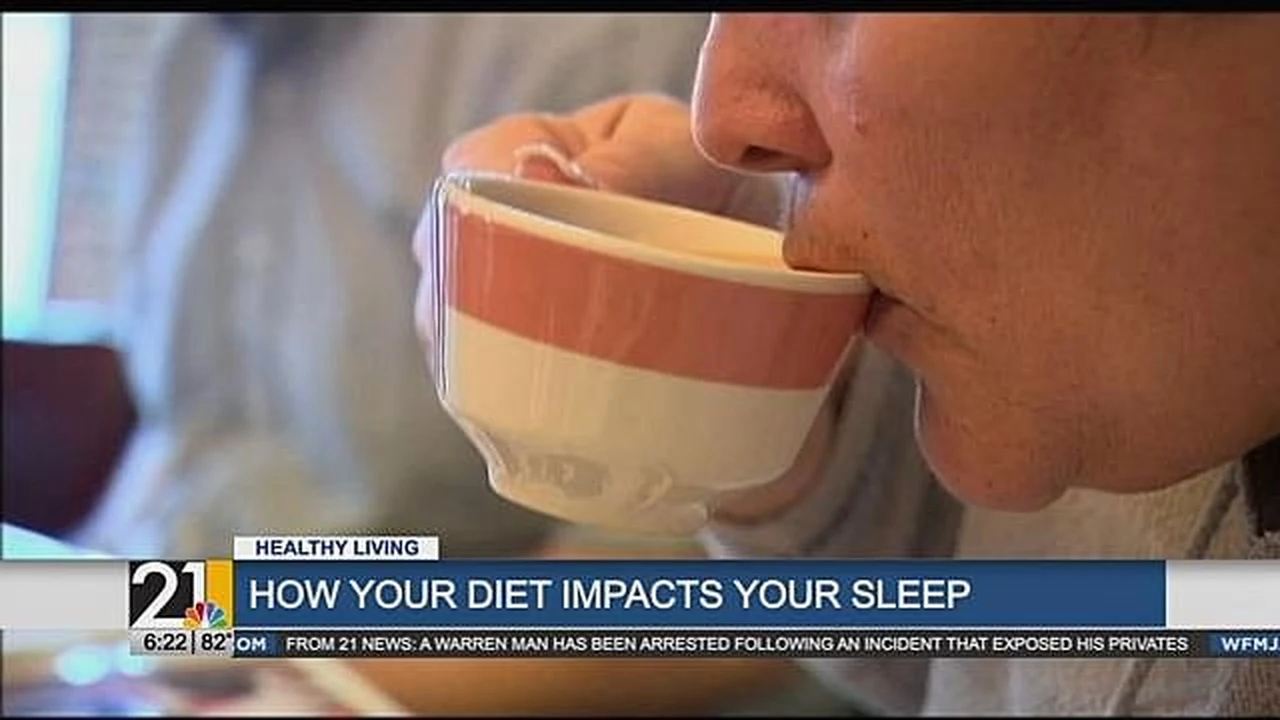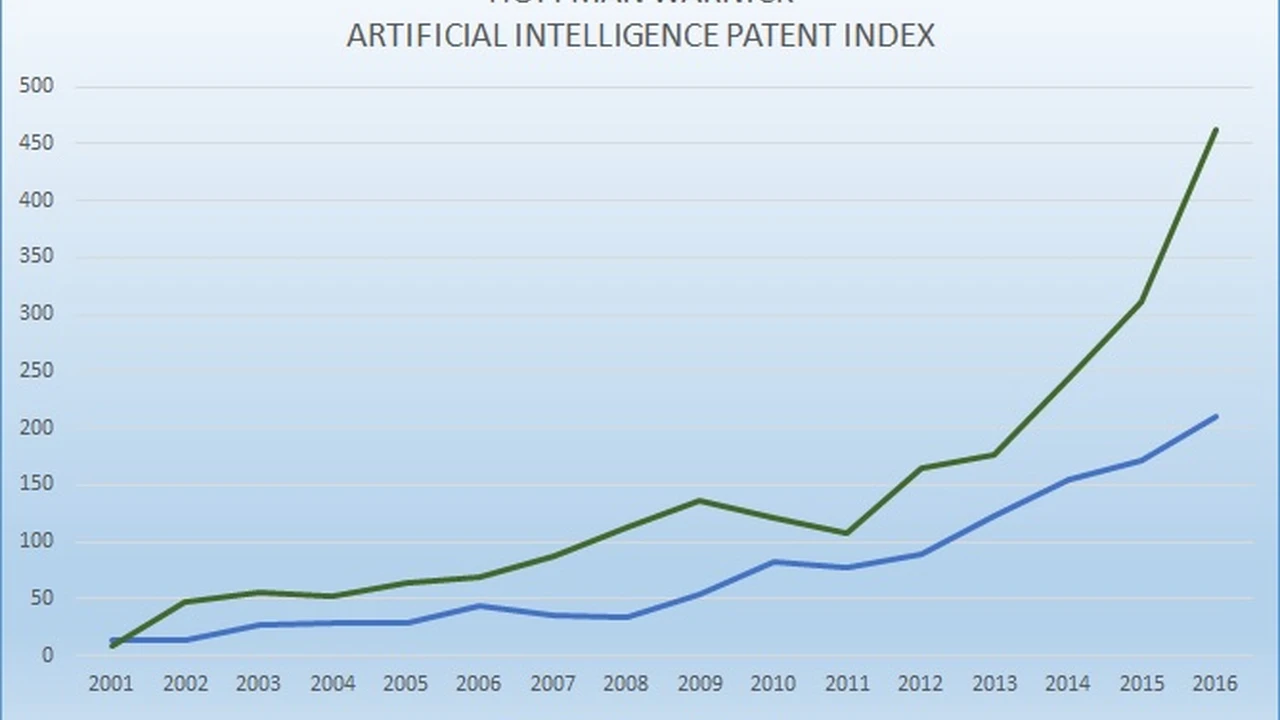How Your Diet Affects Your Sleep: The Gut-Brain Connection
Sample meta description.

Understanding the Sleep and Diet Connection Gut Health
Okay, let's talk sleep. We all love it, we all need it, and sometimes, we just can't get enough. But did you ever stop to think about what you ate for dinner last night might be the reason you were tossing and turning? It's true! Your gut and your brain are having a conversation 24/7, and that convo can seriously mess with your sleep schedule. This is the gut-brain connection in action. Basically, what you eat impacts the bacteria living in your gut, and those little guys send signals up to your brain. And those signals? They can either help you drift off to dreamland or keep you wide awake.
The Gut Microbiome and Sleep Quality Foods to Promote Restful Sleep
So, what's the deal with the gut microbiome? It's basically a bustling city of bacteria, both good and bad, living in your digestive system. And the balance between those good and bad bacteria is key. A healthy gut microbiome can produce neurotransmitters like serotonin and melatonin, which are crucial for regulating sleep. On the other hand, an unhealthy gut can lead to inflammation and disrupt those sleep-promoting signals.
Think of it like this: If you're fueling your gut with processed foods, sugar, and unhealthy fats, you're basically throwing a party for the bad bacteria. They'll thrive, multiply, and send all sorts of disruptive messages to your brain. But if you're feeding your gut with fiber-rich foods, fruits, and vegetables, you're creating a peaceful oasis for the good bacteria. They'll happily produce those sleep-inducing neurotransmitters and keep your brain happy and calm.
So, what should you be eating to promote restful sleep? Here are a few ideas:
- Fiber-rich foods: Think whole grains, fruits, vegetables, and legumes. Fiber helps keep your gut bacteria happy and provides a steady stream of energy.
- Foods rich in tryptophan: Tryptophan is an amino acid that your body uses to produce serotonin and melatonin. Good sources include turkey, chicken, nuts, seeds, and tofu.
- Foods rich in magnesium: Magnesium helps relax your muscles and calm your nervous system. Good sources include leafy green vegetables, nuts, seeds, and dark chocolate (yes, really!).
- Fermented foods: Fermented foods like yogurt, kefir, sauerkraut, and kimchi are packed with probiotics, which are beneficial bacteria that can help improve your gut health.
Foods to Avoid Before Bed Sleep Disrupting Foods and Drinks
Just as there are foods that can help you sleep, there are also foods that can keep you up at night. Here are a few to avoid before bed:
- Caffeine: This one's a no-brainer. Caffeine is a stimulant that can keep you awake for hours. Avoid coffee, tea, soda, and chocolate before bed.
- Alcohol: While alcohol might make you feel sleepy at first, it can actually disrupt your sleep later in the night. It can also lead to dehydration and frequent trips to the bathroom.
- Spicy foods: Spicy foods can cause heartburn and indigestion, which can make it difficult to fall asleep.
- High-fat foods: High-fat foods can take longer to digest, which can keep you awake at night. They can also cause bloating and discomfort.
- Sugary foods: Sugary foods can cause a spike in blood sugar, followed by a crash. This can disrupt your sleep and leave you feeling tired and groggy in the morning.
Supplements for Sleep and Gut Health Magnesium Melatonin and Probiotics
Sometimes, even with a healthy diet, you might need a little extra help to get a good night's sleep. That's where supplements come in. Here are a few supplements that can help improve both your sleep and your gut health:
- Magnesium: As mentioned earlier, magnesium helps relax your muscles and calm your nervous system. You can take magnesium supplements in the form of magnesium citrate, magnesium glycinate, or magnesium threonate.
- Melatonin: Melatonin is a hormone that regulates your sleep-wake cycle. You can take melatonin supplements to help you fall asleep faster and stay asleep longer.
- Probiotics: Probiotics are beneficial bacteria that can help improve your gut health. You can take probiotic supplements or eat fermented foods to get your daily dose of probiotics.
Product Recommendations for Better Sleep and Gut Health
Okay, let's get down to specifics. Here are a few product recommendations, including scenarios, comparisons, and pricing (prices are approximate and may vary):
Magnesium Supplements
Product 1: Natural Vitality Calm Magnesium Powder
- Scenario: You're feeling stressed and anxious before bed. You struggle to unwind and your muscles are tense.
- Usage: Mix one teaspoon of the powder with hot or cold water about 30 minutes before bed. The effervescent drink is easy to consume.
- Comparison: This is a magnesium citrate powder, which is generally well-absorbed. Compared to magnesium oxide, it's less likely to cause digestive upset. However, it might not be as effective for muscle cramps as magnesium glycinate.
- Price: ~$25 for a 16-ounce container (approximately 113 servings)
Product 2: Doctor's Best High Absorption Magnesium Glycinate
- Scenario: You experience frequent muscle cramps or restless legs at night. You're looking for a magnesium supplement that's gentle on your stomach.
- Usage: Take two tablets daily, preferably with food, about an hour before bed.
- Comparison: Magnesium glycinate is known for its high bioavailability and minimal side effects. It's a good choice for people with sensitive stomachs. Compared to magnesium citrate, it's less likely to have a laxative effect.
- Price: ~$20 for 240 tablets (approximately 120 servings)
Melatonin Supplements
Product 1: Natrol Melatonin 5mg Fast Dissolve Tablets
- Scenario: You have trouble falling asleep, especially when traveling or adjusting to a new sleep schedule.
- Usage: Take one tablet 20 minutes before bed. The fast-dissolve formula allows for quicker absorption.
- Comparison: This is a standard melatonin supplement. Compared to extended-release melatonin, it's better for falling asleep initially but might not help you stay asleep as long.
- Price: ~$15 for 90 tablets
Product 2: Nature Made Melatonin 3mg Time Release Tablets
- Scenario: You have trouble staying asleep throughout the night. You wake up frequently and struggle to fall back asleep.
- Usage: Take one tablet 30-60 minutes before bed. The time-release formula releases melatonin gradually throughout the night.
- Comparison: This extended-release melatonin is designed to help you stay asleep longer. Compared to regular melatonin, it might not be as effective for falling asleep initially.
- Price: ~$12 for 120 tablets
Probiotic Supplements
Product 1: Garden of Life Dr. Formulated Probiotics Once Daily Women's
- Scenario: You're a woman looking for a probiotic specifically formulated to support vaginal and digestive health.
- Usage: Take one capsule daily with or without food.
- Comparison: This probiotic contains a blend of beneficial bacteria strains, including *Lactobacillus* and *Bifidobacterium* strains. It's shelf-stable, meaning it doesn't require refrigeration. Compared to other probiotics, it's specifically formulated for women's health.
- Price: ~$30 for 30 capsules
Product 2: Culturelle Digestive Daily Probiotic
- Scenario: You experience occasional digestive discomfort, such as bloating, gas, or diarrhea.
- Usage: Take one capsule daily.
- Comparison: Culturelle contains *Lactobacillus rhamnosus GG*, a well-studied probiotic strain known for its digestive benefits. It's also shelf-stable. Compared to other probiotics, it focuses primarily on digestive health.
- Price: ~$25 for 30 capsules
Lifestyle Changes for Improved Sleep and Gut Health Stress Management Exercise and Sleep Hygiene
Diet is only one piece of the puzzle. Lifestyle changes can also have a huge impact on your sleep and gut health. Here are a few things you can do:
- Manage stress: Chronic stress can wreak havoc on your gut and your sleep. Find healthy ways to manage stress, such as yoga, meditation, or spending time in nature.
- Exercise regularly: Exercise is great for both your physical and mental health. It can also help improve your sleep and your gut health. Just be sure to avoid exercising too close to bedtime.
- Practice good sleep hygiene: Create a relaxing bedtime routine, go to bed and wake up at the same time each day, and make sure your bedroom is dark, quiet, and cool.
The Importance of Hydration and Sleep Water Intake and Sleep Quality
Don't forget about the importance of staying hydrated! Dehydration can lead to headaches, fatigue, and even constipation, all of which can disrupt your sleep. Aim to drink plenty of water throughout the day, but avoid drinking too much before bed to avoid waking up to go to the bathroom.
Listen to Your Body Personalized Approach to Diet and Sleep
Ultimately, the best way to improve your sleep and gut health is to listen to your body. Pay attention to how different foods affect you and adjust your diet accordingly. Experiment with different supplements and lifestyle changes to find what works best for you. Everyone is different, so what works for one person might not work for another.
:max_bytes(150000):strip_icc()/277019-baked-pork-chops-with-cream-of-mushroom-soup-DDMFS-beauty-4x3-BG-7505-5762b731cf30447d9cbbbbbf387beafa.jpg)






